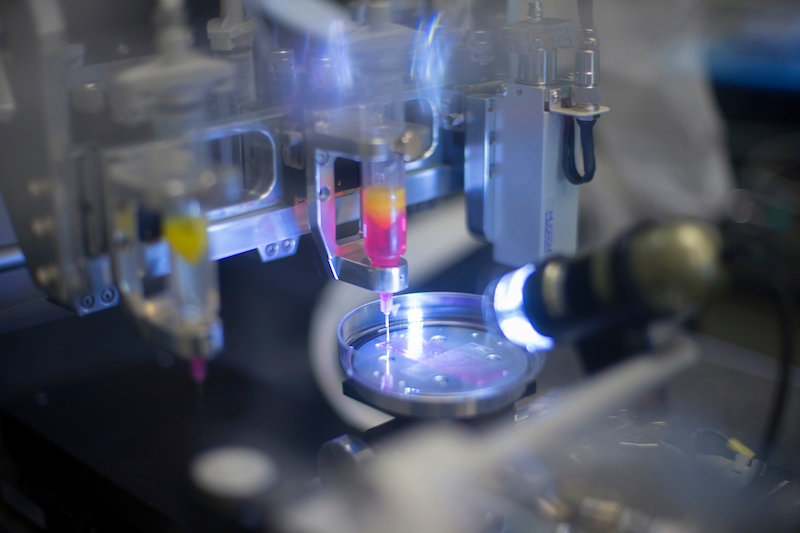Regenerative medicine is a field that explores how to repair, replace, or regenerate human cells, tissues, or organs. It aims to restore normal function that has been lost due to disease, injury, or aging. This approach uses the body’s own healing capabilities to support tissue repair. Understanding the principles of this field can offer valuable insights into modern medical advancements.
What Is Regenerative Medicine?
Regenerative medicine encompasses a range of therapeutic strategies that focus on harnessing the body’s natural ability to heal itself. This field combines knowledge from biology, chemistry, and engineering to develop methods for restoring function. The core idea is to stimulate the body’s own repair mechanisms to heal damaged tissues or organs functionally.
These therapies often involve the use of materials or substances that can encourage cellular growth and tissue formation. Researchers in regenerative medicine study how the body grows and heals to develop new approaches. The ultimate goal is to identify and address the root causes of specific conditions, rather than merely managing their symptoms.
How Does Tissue Repair Work?
The body has a remarkable capacity for self-repair. When tissue is injured, a complex biological process begins to heal the damage. This process involves several stages, including inflammation, cell proliferation, and remodeling. Specialized cells work to remove damaged tissue, form new blood vessels, and rebuild the structural framework.
Regenerative medicine seeks to enhance or guide this natural healing process. It can involve introducing specific types of cells or biological factors to an injured area. These elements can help signal the body to accelerate repair and improve the quality of the new tissue. The objective is to encourage the formation of healthy, functional tissue that closely resembles the original, uninjured state.
What Conditions Are Commonly Treated?
This field addresses a variety of conditions affecting different parts of the body. Many applications focus on musculoskeletal issues, where tissue damage can cause discomfort and limit mobility. These approaches aim to support the body’s healing in joints, tendons, and ligaments.
Specific conditions often explored include:
- Joint Conditions: Issues related to cartilage wear in joints like the knee or shoulder are common areas of study. Therapies are used to support the joint environment and encourage tissue health.
- Tendon and Ligament Injuries: Soft tissue injuries, such as those affecting the Achilles tendon or elbow ligaments, can be slow to heal. Treatments are designed to support the repair of these connective tissues.
- Spinal Conditions: Certain spinal issues related to disc health are also explored. The focus is on improving the condition of spinal components to support stability and function.
By focusing on these areas, regenerative medicine provides opportunities to harness the body’s inherent repair systems. The treatments are tailored to the specific type of tissue and the nature of the injury to best support the healing process.
Consult a Specialist
Regenerative medicine offers numerous options, but selecting the right approach requires careful deliberation and expert guidance. Every individual’s situation is unique, so a treatment that works for one person may not be suitable for another. Consulting a qualified healthcare provider is key to evaluating your condition and exploring potential therapies. A specialist can help you understand the benefits, limitations, and suitability of different treatments. If you’re curious about how regenerative medicine might benefit you, scheduling a consultation can provide personalized advice tailored to your specific needs.





